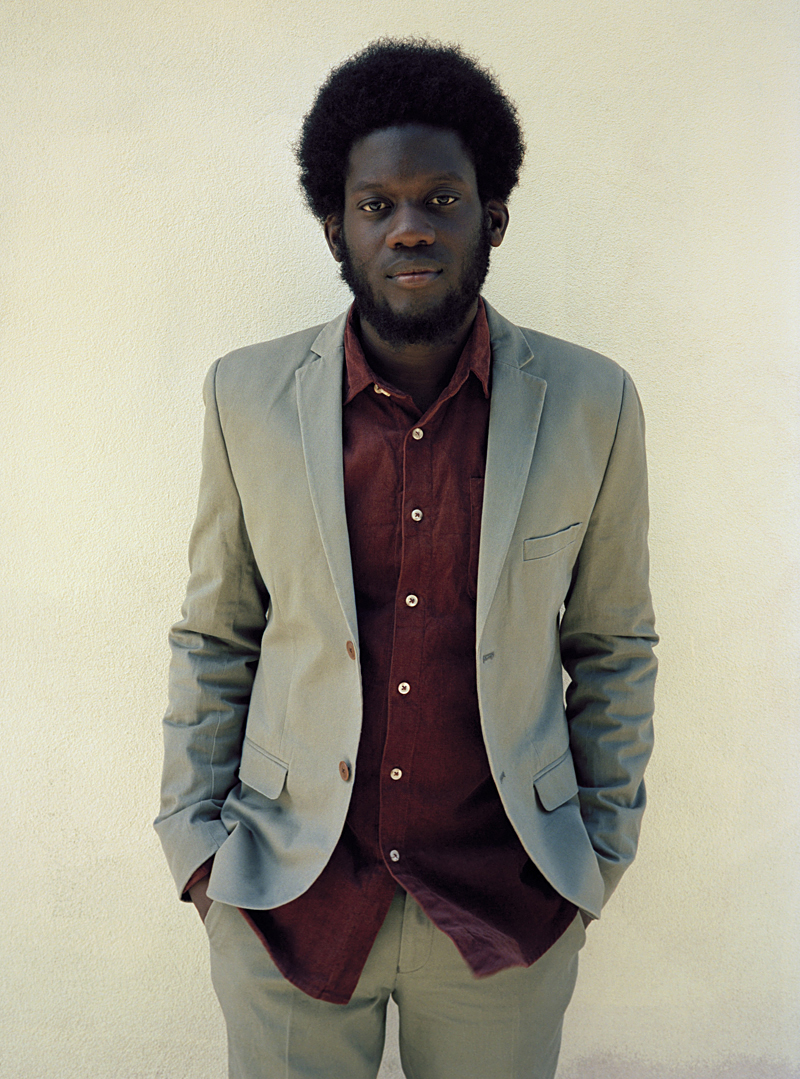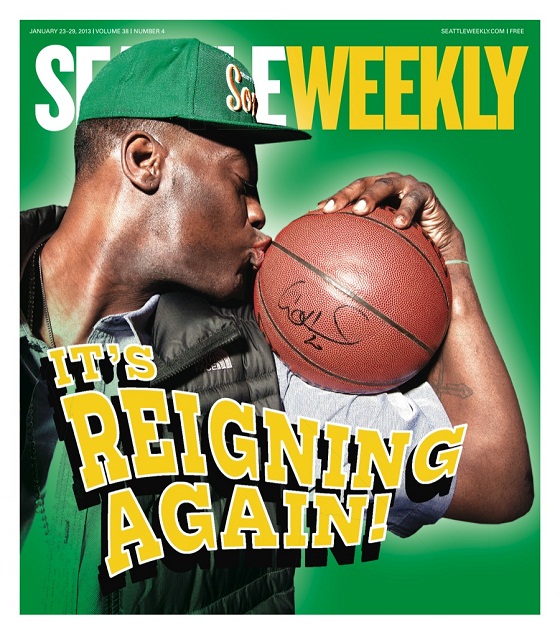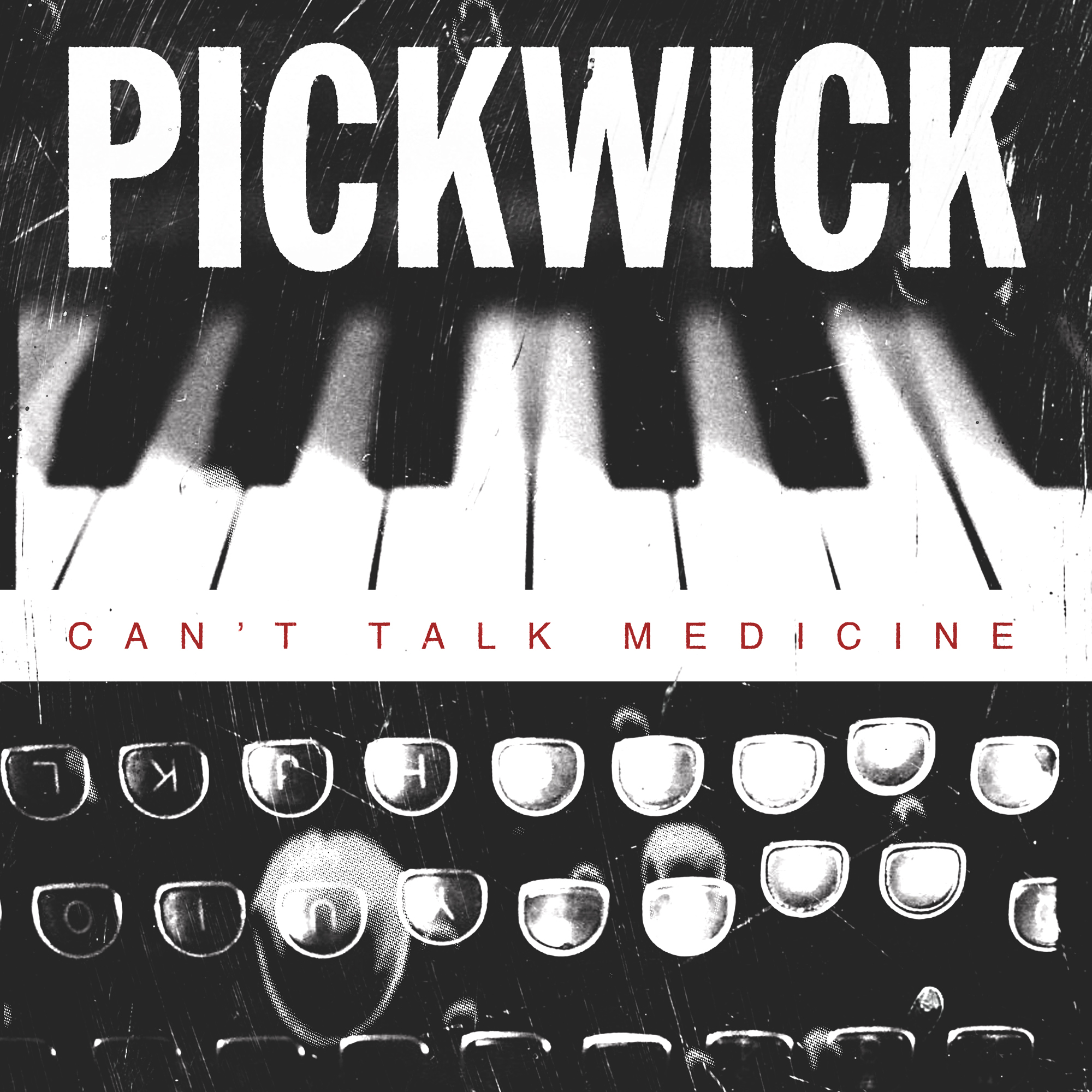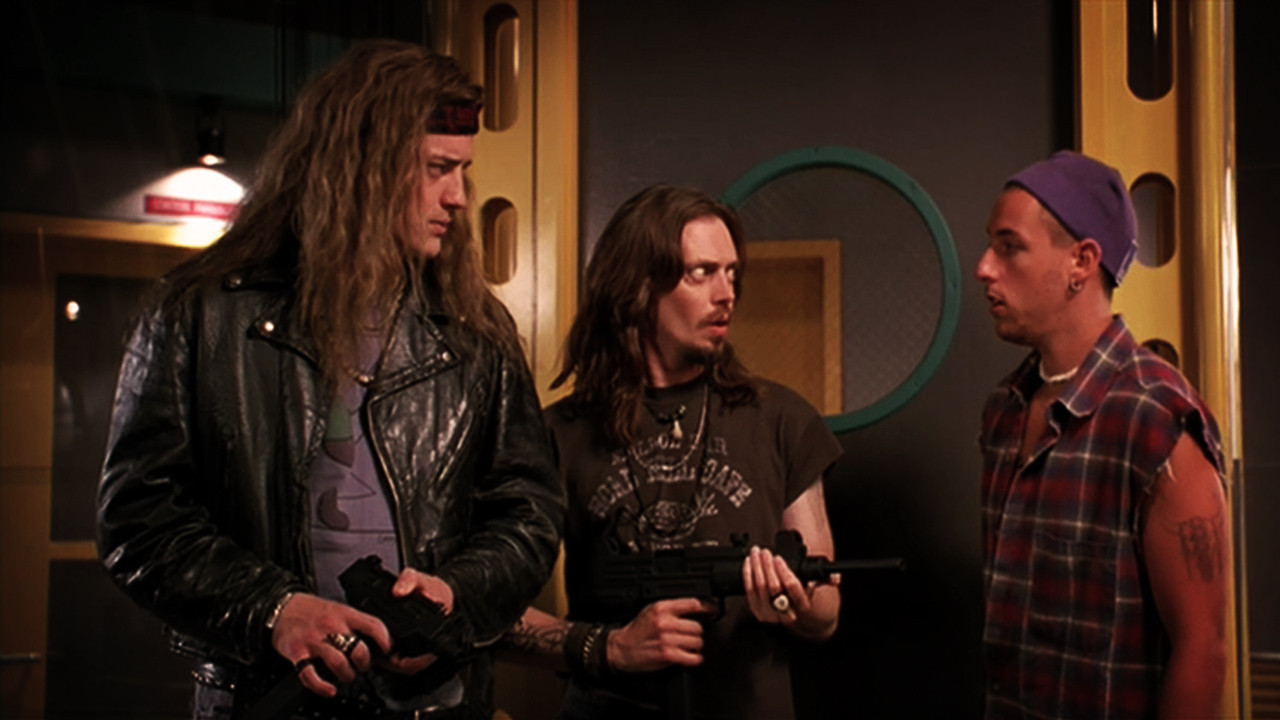When Michael Kiwanuka’s father was employed, he worked as an electrical engineer, while Michael’s mother often babysat and cleaned homes around London. When she bought her son his first guitar, at age 12, Kiwanuka was the only musician in the family.
The sons of hardworking, struggling Ugandan immigrants, Michael Kiwanuka and his brother Robert were responsible for bringing music into their modest home. Michael started by picking up Jamiroquai’s Travelling Without Moving. Records from Nirvana and the Strokes soon followed, as did a few from Kings of Leon and the Rolling Stones. Then when Kiwanuka was 14 or 15, he heard Otis Redding for the first time. “I realized that was the kind of music I was going to make,” Kiwanuka told me in a recent phone call. “Emotionally, it did a powerful thing to me.”
Now 25, Kiwanuka is a rising star in Britain—he won the prestigious Mercury Prize in January—and is about to pay Seattle his first visit. His debut album, Home Again, is a collection of R&B and soul melodies backed by an acoustic guitar, sparse drums, and a handful of orchestral enhancements. Its defining characteristic is one of rock and roll’s most underappreciated virtues: tranquility. It’s aurally soothing and lyrically calming, touching on themes of loneliness, depression, and Kiwanuka’s own struggles with anxiety.
Songwriting, Kiwanuka says, is something he turns to when he “might be wanting to get something off of my chest [or] might need to give myself a pat on the back . . . It’s sort of therapeutic to me. I used to worry about all sorts of things.”
Melodically and lyrically, the album is packed with a sense of realistic optimism. “So I’ll close my eyes, and the tears will clear,” he sings on the album’s title track. “Then I’ll feel no fear.”
The songs’ palpable sense of peaceful reassurance does as much for listeners as for their author. “There’s always something to release,” he says, “and express.”








